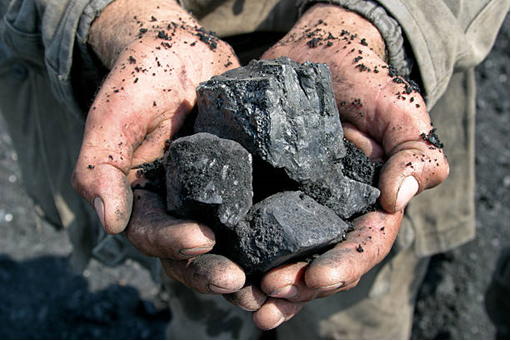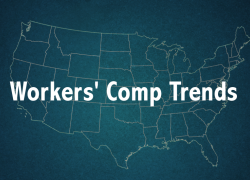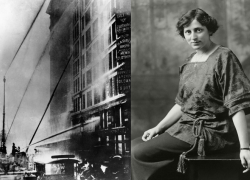BACKGROUND
On Jan. 1, the main source of funding behind federal benefits for coal miners with black lung disease was slashed by more than 50%. In the Federal Black Lung Program, an excise tax on coal is the primary source of revenue for the Black Lung Disability Trust Fund, which generally covers benefits for miners when a responsible coal mine operator cannot be determined.
There have been news reports suggesting the payment of these benefits may be in danger because of the reduced excise tax and the financial status of the Trust Fund. The Department of Labor does not want miners stricken with black lung disease and their families to feel uncertain about their benefits.
Despite the recent change to the excise tax, miners and other beneficiaries will continue to receive their federal black lung benefits. The U.S. Treasury is required by law to provide the Trust Fund with sufficient money to pay all benefits due.
While mining communities can rest assured that their benefits are not in jeopardy, the status of the coal excise tax should be taken seriously because of its impact on the Trust Fund and taxpayers.
HISTORY
Since 1972, the Federal Black Lung Program has provided monthly compensation payments to coal miners who are totally disabled by black lung disease, also known as pneumoconiosis, and medical coverage to eligible miners for the treatment of their lung diseases under the Black Lung Benefits Act.
Congress first imposed the excise tax on coal mined for domestic use in 1978 and set the rates at 50 cents per ton of underground-mined coal and 25 cents per ton of surface-mined coal. In the early years of the program, tax revenues were not sufficient to cover the Trust Fund’s expenses, forcing the Trust Fund to borrow large amounts of money from the U.S. Treasury to pay benefits and administrative costs.
By 1985, Congress had increased the excise tax rates to $1.10 and 55 cents per ton of underground and surface-mined coal, respectively. In 2008, as part of a bill addressing Trust Fund finances, Congress extended the 1985 rate until the end of 2018. In 2019, the increased excise rates expired and reverted to the lower 1978 levels.
TODAY
Recently, Congress passed temporary increases in the tax for 2020 and 2021, which restored the higher rates. However, at the end of 2021, these increases expired, and the excise tax rates are now back at the lower 1978 levels.
Congress intended that federal black lung benefits would primarily be paid by the coal mining industry, not the U.S. taxpayer. If the Federal Black Lung Program must continue to borrow from the U.S. Treasury to cover the cost of benefits for miners, because the excise tax does not generate adequate revenue for the Trust Fund, taxpayers are footing the bill for black lung benefits, not the coal mining industry.
For these reasons, the department believes that reinstating and extending the coal excise tax at least at the previous rates of $1.10 per ton of underground-mined coal and 55 cents for surface-mined coal is critical.
If a miner or other beneficiary has questions about benefits through the Federal Black Lung Program, beneficiaries can call the Department of Labor at (800) 347-2502 or email DCMWC-public@dol.gov.
Christopher J. Godfrey is the director of the Office of Workers’ Compensation Programs.

 U.S. Department of Labor Blog
U.S. Department of Labor Blog




